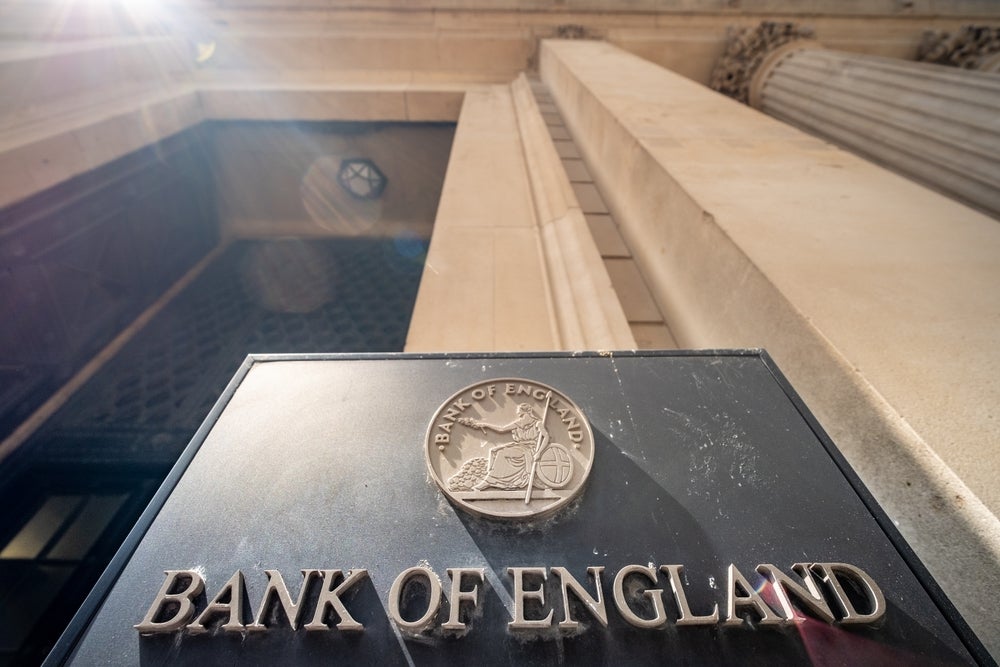
The Financial Accounting Standards Board (FASB) has issued an Accounting Standard Update (ASU) that will see US GAAP require cryptocurrencies to be measured at fair value with gains or losses recorded in profit or loss.
While the US standard-setter says the new requirements are intended to improve the accounting for and disclosure of certain crypto assets, it will create a divergence from the current requirements of IFRS Accounting Standards and UK GAAP.
Commenting on this, FASB chair Richard R Jones said: “It will provide investors and other capital allocators with more relevant information that better reflects the underlying economics of certain crypto assets and an entity’s financial position, while reducing cost and complexity associated with applying current accounting.”
Under current IFRS Accounting Standards, crypto assets are generally measured in accordance with IAS 38 Intangible Assets – either at cost or, if an active market exists and entity chooses to do so, at fair value, but with gains or losses being recorded in ‘other comprehensive income’ and not profit or loss. Similar requirements exist under UK GAAP, as explained in this helpsheet from ICAEW’s Technical Advisory Services.
The FASB has issued the amendments in response to stakeholder feedback, including from respondents to the 2021 FASB Agenda Consultation who indicated that improving the accounting for and disclosure of crypto assets should be a top priority for the Board.
The subject of cryptos was also raised as a potential project for the International Accounting Standards Board (IASB) when it issued its own Agenda Consultation 2021 seeking views on the priorities for its five-year plan. Despite some calls for a project on cryptocurrencies to be a high priority, including ICAEW in its response, the IASB concluded at the time not to add the project to its work agenda on the basis that existing IFRS Accounting Standards already provided for an accounting treatment.
How well do you really know your competitors?
Access the most comprehensive Company Profiles on the market, powered by GlobalData. Save hours of research. Gain competitive edge.

Thank you!
Your download email will arrive shortly
Not ready to buy yet? Download a free sample
We are confident about the unique quality of our Company Profiles. However, we want you to make the most beneficial decision for your business, so we offer a free sample that you can download by submitting the below form
By GlobalDataSpeaking at an SEC/AICPA conference in December 2022, IASB chair Andreas Barckow, said:
“In 2018/19 the IFRS Interpretations Committee concluded that cryptocurrencies should either be accounted for as an intangible asset at cost, with an option to measure at fair value if the item is traded on a liquid market, or as inventory at fair value, for broker dealers.
“The Committee concluded that cryptocurrencies meet the definition of an intangible asset, so generally IAS 38 would be the Accounting Standard to look at – unless an entity holds cryptocurrencies for sale in the ordinary course of business, in which case IAS 2 is the appropriate basis. Now, you may not like this answer, which is appreciated, but that is different from there being a gap.”
In the speech, Barckow said that evidence from respondents suggested holdings of cryptocurrencies by IFRS reporters were not “significant or prevalent” at that time.
Sally Baker, ICAEW’s Head of Corporate Reporting Strategy, says: “While the IASB’s conclusion that there is ‘no gap’ in IFRS Accounting Standard literature on the accounting treatment of cryptocurrencies is valid, the amendments issued by the FASB now create a divergence between US GAAP and IFRS Accounting Standards, plus other frameworks. Such divergence presents issues not only for multinational preparers, but also creates a lack of comparability for investors.”
Convergence with US GAAP is an important consideration for the IASB. It will undoubtedly be monitoring developments closely and engaging with its US counterparts to consider whether any changes to its plans should be made. With the IASB already undertaking a comprehensive review of IAS 38, it is possible – and now perhaps more likely – that the accounting for cryptocurrencies will be revisited as part of that.
From a UK GAAP perspective, changes to FRS 102 The Financial Reporting Standard applicable in the UK and Republic of Ireland following the recent periodic review are due to be published in the first half of 2024. It is not anticipated that changes specifically relating to cryptocurrencies will be introduced as part of these amendments.
However, since UK standards seek to apply IFRS-based solutions unless alternatives are clearly better, it is likely that any future changes to IFRS Accounting Standards will flow through to UK GAAP in time. The ripple effect from the FASB’s amendments may therefore be felt by UK reporters in the coming years.
The amendments in the accounting standards update (ASU) are effective for all entities for fiscal years beginning after 15 December 2024, including interim periods within those fiscal years. The ASU also includes more information about transitioning to the new standard.






